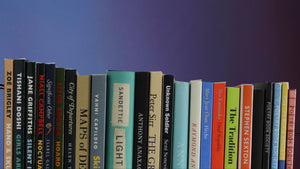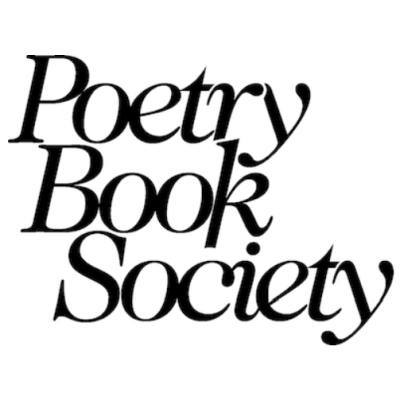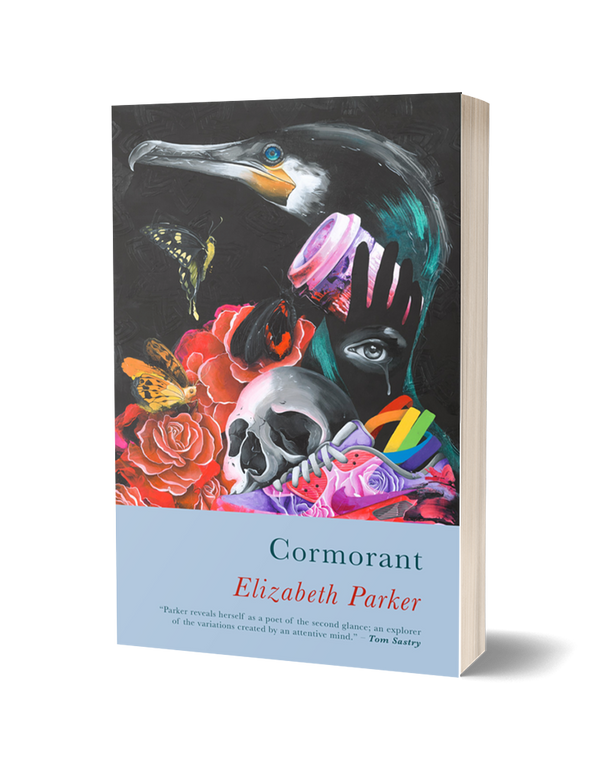Cormorant by Elizabeth Parker PRE-ORDER
Seren
Published 26th February 2024. Available for pre-order.
Elizabeth Parker's second collection, Cormorant, explores the bird of the title from all angles: from diving cormorants to cormorants in flight, cormorants in motion and also in stillness. The bird itself however is always untameable and irreducible to human impressions, but it becomes bound up with a family history, legacy, and losses. Human relationships, seen through the varying lenses of family, are a key focus of this collection.
In 'You Began', the poet tells her sons of their ancestors from Ireland who crossed the Irish Sea to Liverpool Docks. The poem follows a lineage through place from The Black Country, the bloodlines meeting in London, then The Forest Of Dean, and finally coming to the boys' mother, the poet, who has made her home in Bristol, a city which becomes a larger-than-life character in the book. Family is all-important and other poems in Cormorant tell of family rituals as in 'Paddy's Ashes' where a grandfather's remains are scattered to the wind.
Sometimes rituals are more everyday, as in 'Saturday' where the poet's mother remembers her own mother and the routine of shopping in Liverpool. These small joys are balanced by grief for example in poems about a father suffering dementia, and by the theme of loss generally as the book is dedicated to the poet's late sister, Helen. The cormorant is the present and past, both part of and beyond these human stories.
'It is 'The Devil Bird' ('Dart'). Gathered together in a tree, cormorants are 'omens in a dying beech' ('Cormorant'), or in the water they are the bubble of an underwater diver, the enemy of anglers, or perhaps just an elusive subject watched by humans. Parker plays close attention to the city of Bristol and its inhabitants whether they are human or more-than-human.
There is a powerful depth to place here, which is full of carefully observed details about an independent natural world and how humans interact with it. This is also a formally playful and innovative collection. Sequences, repetition, and echoes are original techniques used to circle around the collection's main themes.
'Braids' uses the image of plaiting to weave together images and feeling, and to act as the central metaphor expressive of the closeness of the women speaking. Like many others in the collection, it is also a nature poem, where the braided hair of the women flows alongside the River Wye which runs through this collection. Through examinations of nature and the human, their shared losses and histories, Parker shows us how to regard the world humanely, compassionately.
As she regards the miracle of the cormorant, she reminds us of the importance of wonder, offering an uplifting antidote to difficult times.
Seren Books

MEMBERS ENJOY 25% OFF ALL POETRY BOOKS

Join the Poetry Book Society for 25% off all books
Join the Poetry Book Society for 25% off all books

